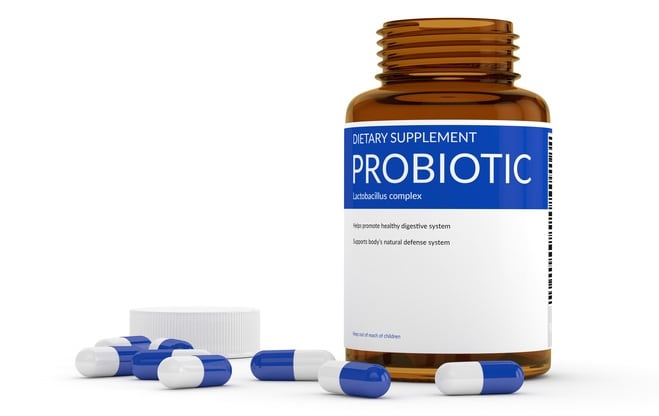Data published in Beneficial Microbes indicated that supplementation with L. plantarum DR7 may up-regulate serotonin pathways and stabilize dopamine pathways in stressed adults.
The study adds to previous work from scientists from the Universiti Sains Malaysia which found potential anti-stress and anti-anxiety of L. plantarum P8.
The new study, also led by Professor Min-Tze Liong from the Universiti Sains Malaysia, examined the potential benefits of a different strain (DR7) in stressed adults, and supports the ever-growing body of science supporting probiotics for cognition via the gut-brain axis.
“We started on this gut-brain-axis approach five years ago,” Prof Liong told NutraIngredients-USA. “We are still continuing, and I cannot seem to see an end-point at this moment.
“With the earlier work, we could see the promising potential in humans. With the current work, we could see that there is a potential target with brain neurotransmistter pathways, which we find really exciting,” she added.
“We are now in the stage of answering the "what", and we hope to identify some bioactives produced by probiotics that target these neurotransmitters (this strain and a few others that we are currently evaluating).”
Study details
Prof Liong and her co-workers recruited 111 stressed adults to participate in their clinical trial. The volunteers were randomly assigned to receive either L. plantarum DR7 (1 billion cfu per day) or a placebo for 12 weeks.
Results showed that the probiotic was associated with reductions in symptoms of stress and anxiety as early as the eighth week of the study compared to the placebo.
However, no significant impacts were observed for depression.
“Our present data suggested that natural interventions, such as probiotics may be beneficial for less severe psychological conditions, such as anxiety and stress as compared to depression,” wrote the researchers. “Our further evaluations of individual anxiety and stress items in DASS-42 [the Depression, Anxiety and Stress Scale questionnaire] confirmed that the effects of DR7 were primarily associated with a calming outcome, such as increased relaxation, improved in swallowing, reduced nervousness, touchiness and trembling attributes.”

The data also showed that DR7 consumption led to decreases in plasma cortisol levels, compared to placebo. Reductions pro-inflammatory cytokines and increases in anti-inflammatory cytokines were also reported for the DR7 group.
Cognitive tests to evaluate basic attention, emotional cognition, and associate learning also showed improvements in the probiotic group, compared to placebo.
Digging deeper into the biochemistry, Prof Liong and her co-workers found that DR7 was associated with an enhanced serotonin pathway and stabilization of the dopamine pathway.
“Our results indicated that DR7 fulfil the requirement of a probiotic strain as per recommendation of FAO/WHO and could be applicable as a natural strategy to improve psychological functions, cognitive health and memory in stressed adults,” they wrote.
Probiotics were defined by the FAO/WHO in 2001 as “Live microorganisms which when administered in adequate amounts confer a health benefit on the host”. A 2014 expert consensus paper by the International Scientific Association for Probiotics and Prebiotics reaffirmed the definition (albeit with the recommendation that the word “which” be changed to “that”).
The study was performed by scientists from the Universiti Sains Malaysia, Perdana University (Malaysia), and Yeungnam University (South Korea).
Source: Beneficial Microbes
Volume 10, Number 4, Pages: 355-373, doi: 10.3920/BM2018.0135
“Lactobacillus plantarum DR7 alleviates stress and anxiety in adults: a randomised, double-blind, placebo-controlled study”
Authors: H.X. Chong et al.



